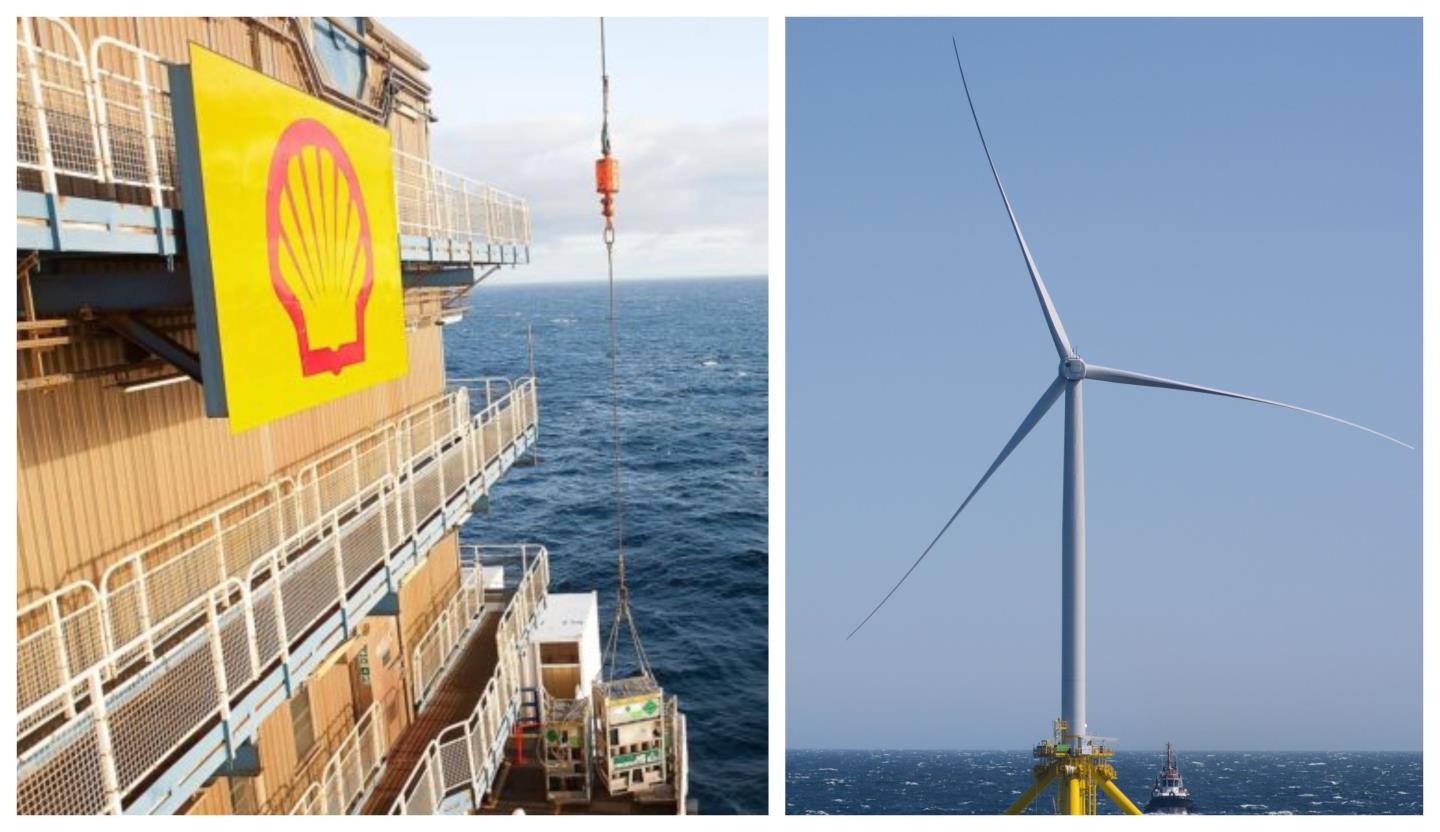Writing in response to Rishi Sunak’s Spring Statement, Shell UK country chair David Bunch said “I can announce that Shell UK is planning to invest between £20 and £25 billion into the UK energy system over the next decade”.
 Shell's Nelson platform and a floating turbine from the TetraSpar project in Norway it is partnered in.
Shell's Nelson platform and a floating turbine from the TetraSpar project in Norway it is partnered in.
Mr Bunch referenced the Chancellor’s calls for a “culture of enterprise” and greater capital investment to increase UK productivity, growth and skills development.
More than 75% of Shell’s investment will be in low and zero-carbon products and services, including offshore wind, hydrogen and electric mobility.
Mr Bunch said: “These investments, subject to board approval, aim to propel the UK closer to net zero and help to ensure security of supply whilst stimulating economic growth and jobs.
“However, Shell cannot act alone. Investing this money requires urgency of action across government to deliver the enabling policy and business case frameworks. These must address both the supply and demand side of the energy transition (in areas such as hydrogen and CCS, for example).”
Mr Bunch also said the UK will need “stable political discourse,” he added, “as I mentioned in my meeting with the Prime Minister and industry leaders last week.”
Industry leaders met the PM at Downing Street last week, seeking solutions on how to increase reliance on UK energy supply rather than imports from Russia.
“We look forward to working together to help the UK secure its future energy supply and move towards its 2050 net-zero target”, Mr Bunch added.
He said that more detail on Shell’s plans would be set out in the months ahead.
One segment of the plans include £500 million to be spent on the UK supply chain should the Jackdaw gas project – which Shell recently re-submitted plans for – get the go ahead.
In February last year the firm unveiled an “accelerated” net zero strategy, confirming oil production peaked in 2019 for the firm.
Within that, Shell said it intends to increase its global electric vehicle charging points form 60,000 then to 500,000 by 2025.
 Shell's Nelson platform and a floating turbine from the TetraSpar project in Norway it is partnered in.
Shell's Nelson platform and a floating turbine from the TetraSpar project in Norway it is partnered in.